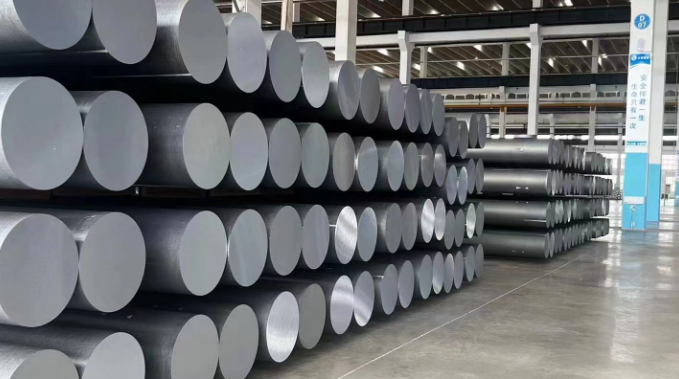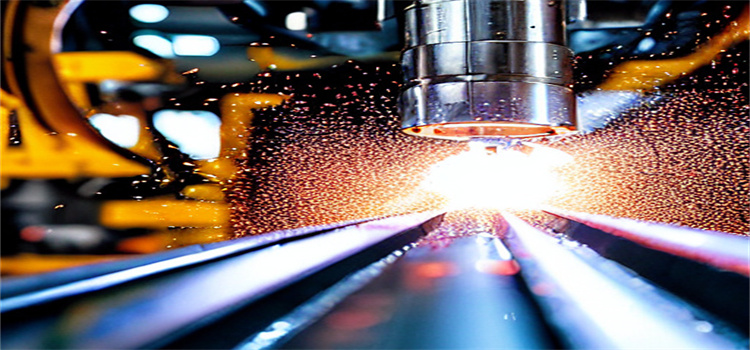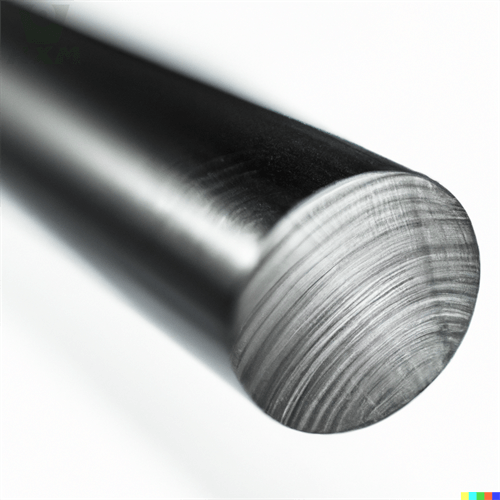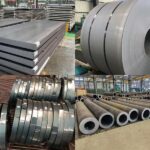News & Blogs
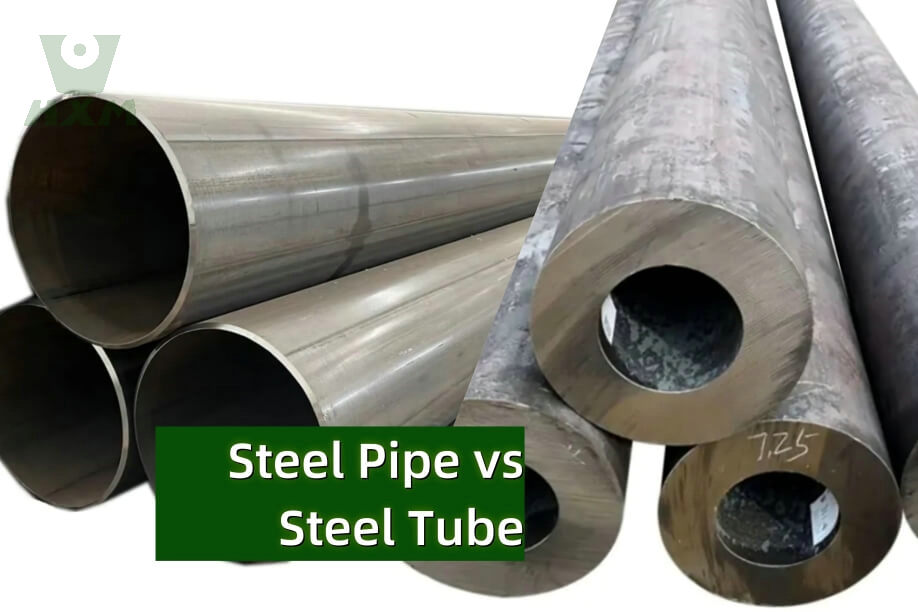
Steel Pipe vs Steel Tube: Key Differences and Applications
Discover the key differences between steel pipes and steel tubes, including their uses, measurements, and schedules like schedule 40 vs schedule 80 pipes. Learn which is right for your project and how to choose the best steel solution.
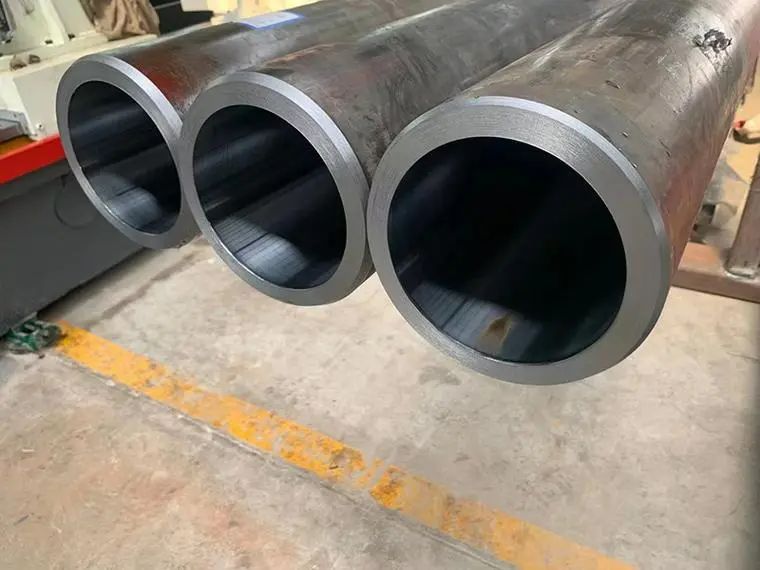
General Materials of Honed Tubes
Honed tubes are typically made from materials such as carbon steel, alloy steel, stainless steel, and special alloys. Carbon steel, like ST52 and 45#, is widely used for its strength and affordability, making it ideal for hydraulic and pneumatic systems. Alloy steel, including grades like 16Mn and 27SiMn, offers enhanced wear resistance and strength for high-pressure applications. Stainless steel, such as 304 and 316, is favored for its corrosion resistance, especially in harsh environments. Special alloys like Inconel and Hastelloy are used in extreme conditions where high temperatures or corrosion resistance is essential, such as in marine and chemical industries.
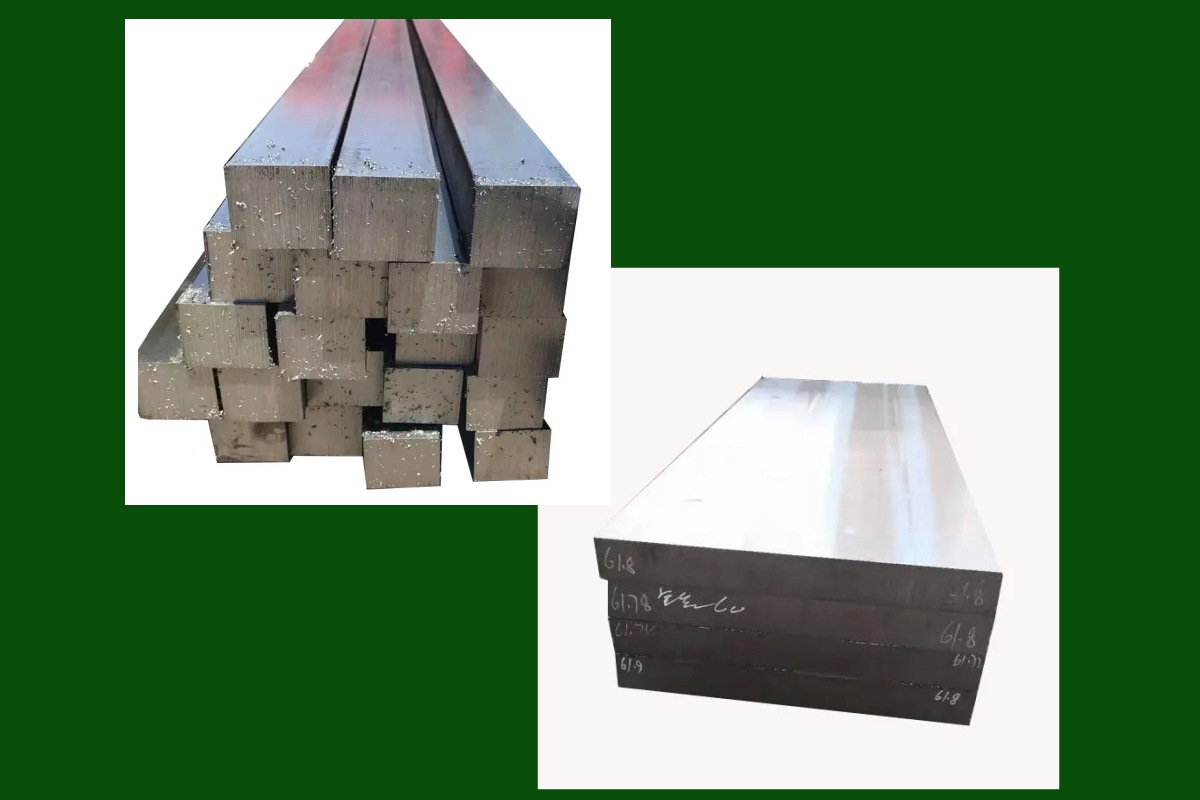
The Relationship Between Carbon Steel and Tool Steel
Carbon steel and tool steel are two fundamental types of steel, each with its own specific properties and applications. While they share some similarities—both being forms of steel with varying carbon content—they serve very different purposes in industrial and manufacturing contexts. Understanding the relationship between carbon steel and tool steel can help clarify their unique roles and why each is chosen for specific applications.
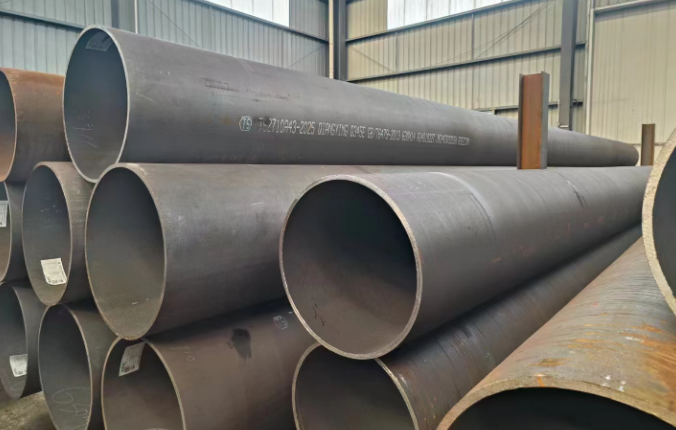
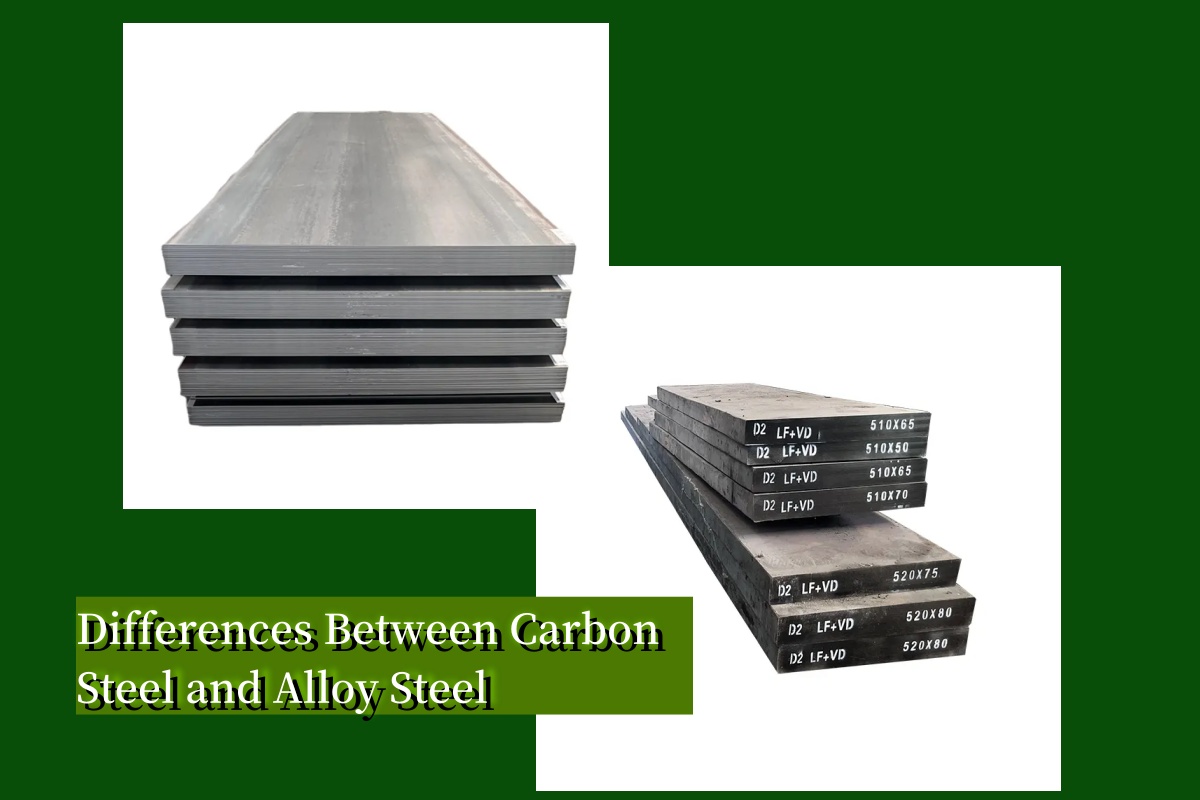
4 Key Differences Between Carbon Steel and Alloy Steel
When it comes to choosing the right type of steel for industrial applications, understanding the differences between carbon steel and alloy steel is crucial. These two categories of steel offer distinct properties, and knowing how they differ can help manufacturers, engineers, and buyers select the most suitable material for their needs. Below, we explore the 4 key differences between carbon steel and alloy steel.
